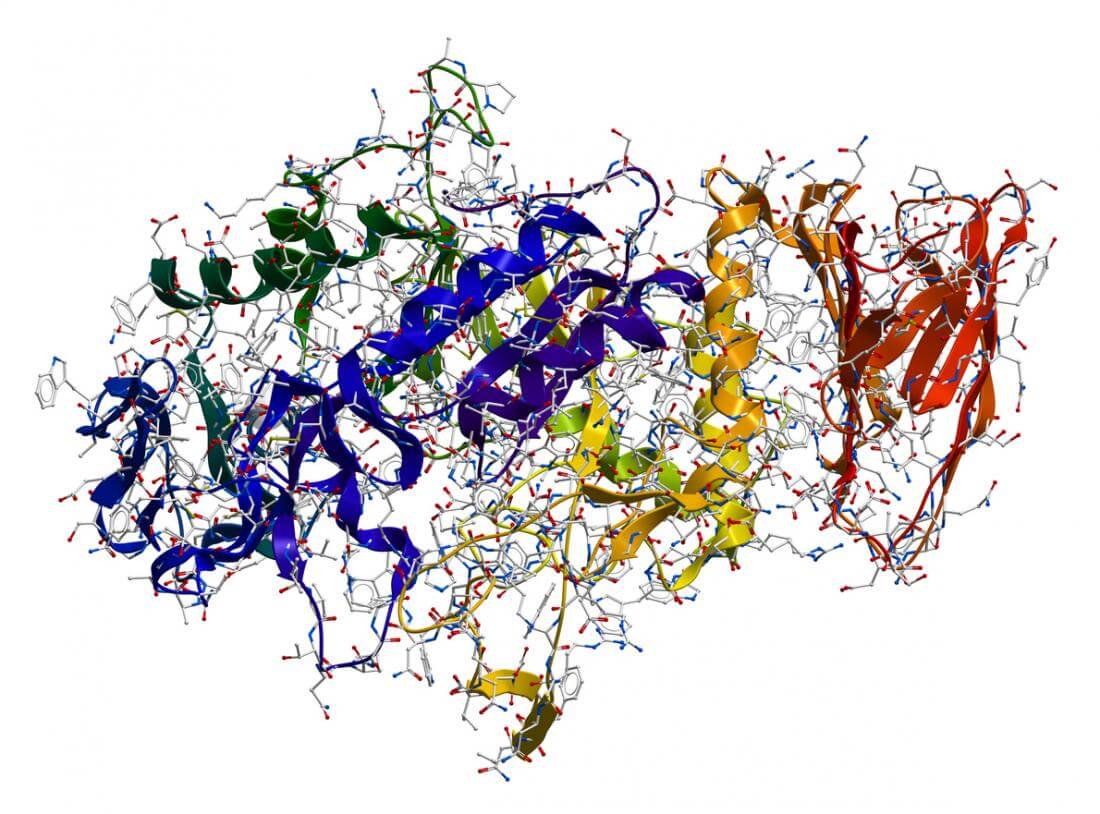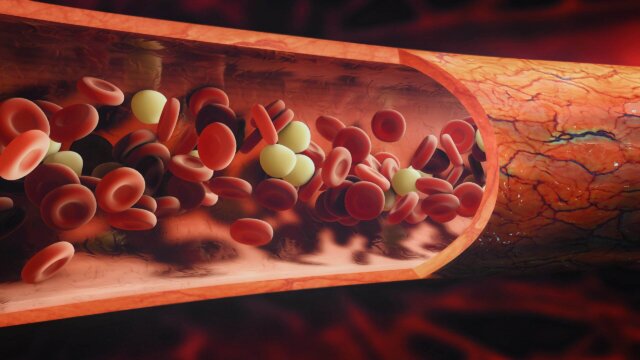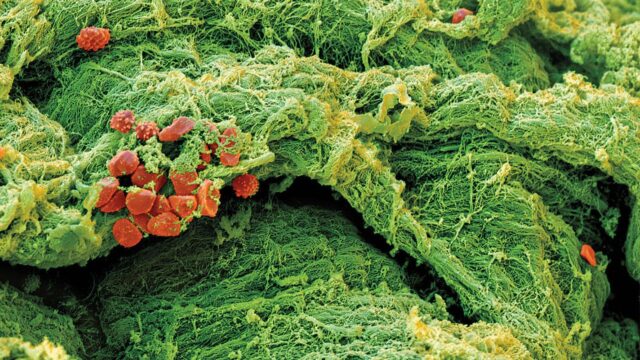FTC disclaimer: This post may contains affiliate links and we will be compensated if you click on a link and make a purchase.
The human body is one complex mesh of functions and processes well coordinated for the person to carry out his or her important activities.
One of the most vital body systems is our digestive system. This particular body system is responsible for the digestion and absorption of vital nutrients, vitamins, and minerals needed by the body.
Digestion is an essential body process that breaks down the food into smaller units or molecules to better absorb in the body.
One of the helpful agents in digesting and breaking down the food that we eat are the enzymes.
These friendly enzymes play a vital role in different body functions and processes.
There are thousands of enzymes that are known in the realm of biochemistry. Each enzyme is assigned to perform a specific task and function.
Additionally, enzymes are considered the body’s catalysts as it aids and speeds up different chemical processes.
However, all of these enzymes help each other, ensures and maintains the body’s good functioning.
Since each enzyme performs a specific task, the deficiency of one particular enzyme may be detrimental to one’s health.
Main Categories of Enzymes and their functions
There are three main categories of enzymes.
- Metabolic enzymes
- Digestive enzymes
- Food enzymes.
Metabolic Enzymes and their function
Metabolic enzymes are the catalysts of cells when they produce energy and detoxify the cells. Every living organism has this kind of enzyme, and all of the organs and body tissues are highly dependent on the chemical reactions and processes of these enzymes.
Moreover, metabolic enzymes facilitate our body’s capability to think, feel, see, and do many things. It acts as agents responsible for the blood, tissues, and organs.
Enzymes are vital for the growth of cells and the repair and maintenance of different body parts.
Metabolic enzymes use different nutrients such as fats, proteins, and carbohydrates and utilize them in the body. It makes it in the proper balance of cells and tissues.
Metabolic enzymes are also responsible for taking out the worn-out part of the cells and keep the cells clean and healthy.
Digestive Enzymes and their functions
Digestive enzymes, on the other hand, are enzymes that play important roles in the digestive process of the body.
Moreover, digestive enzymes are produced by the body’s organs such as the stomach, pancreas, liver, and intestines.
The digestive enzymes aid with digestion and break down the nutrients and compounds from the food we eat. These enzymes are specific and take on specific compounds and digest them.
Digestive enzymes transform the food into its simplest and absorbable form and transport it through the bloodstream to the different parts of the body that need specific nutrients.
Some of the highly important digestive enzymes produced by the body are lipase, amylase, protease, and pepsin.
According to research, the digestive enzymes supplements play a vital role in digestive disorders from lactose intolerance to cystic fibrosis.
Food Enzymes and their functions
Some enzymes must be introduced to the body and can only be derived from raw foods.
On the other hand, food enzymes are the type of enzymes that are not naturally produced by the body but are also very essential in the body’s processes and functions.
Just like digestive enzymes, food enzymes break down various nutrients from the food that we eat. These enzymes are only introduced in the body through the consumption of raw foods and supplements.
Food enzymes can be derived from eating fresh fruits and vegetables as well as supplemental sources.
Raw foods contain only minimal enzymes and cannot supply all of the body’s needs.
Moreover, cooking and processing deplete the number of enzymes contained in the food. Thus, it is highly recommended that enzyme supplements must be taken.
There has been substantial evidence that food enzymes play an important role in predigesting food in the stomach. Taking supplements is needed as most people consume processed and cooked food.
Do you need Enzymes supplements?
Enzymes are pretty essential in the body to carry out different body processes.
The metabolic and digestive enzymes perform very different functions but are of vital importance in the body.
It is also vital to check if we have adequate enzymes in the body because a deficiency of one kind of enzyme may give rise to various diseases and disorders.
There are enzyme supplements widely available in the market to ensure that we get all the enzymes we need, especially those not naturally produced by the body.
Adequate amounts of enzymes in the body will not only make our body function properly but also ensure our body’s overall well-being, health, and wellness.
Conclusion
Enzymes are highly essential in the various processes of the human body, especially in the digestive process.
It is of vital importance that we ensure that there is an adequate supply of enzymes for better digestion and absorption of nutrients.
Enzymes are agents of digestion that are of vital importance in the various chemical processes.
Moreover, enzymes are good catalysts in the processes that take place in the body.
Enzymes help break down the proteins, fats, and carbohydrates that are essential in the body’s overall well-being, health, and wellness.








